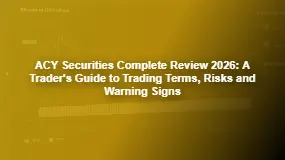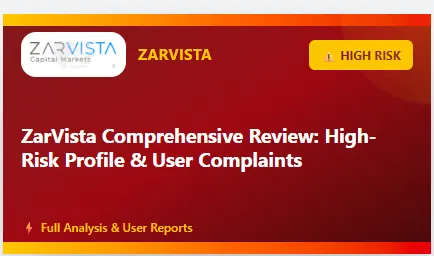Abstract: Let us now turn our attention to the first item of discussion for today: the central bank of Nigeria formally announced the commencement of the RT200 FX program in an effort to gain 200 billion dollars in FX repute over the following three to five years. The Rt200 forex program is based on the background value of increasing export facilities, non-oil commodity expansion facilities, and by on or non-all export summits. This strategy is projected to boost and weaken the supply side of the foreign exchange market, which is more important and influential than demand management involvement in the foreign exchange market.

Let us now turn our attention to the first item of discussion for today: the central bank of Nigeria formally announced the commencement of the RT200 FX program in an effort to gain 200 billion dollars in FX repute over the following three to five years. The Rt200 forex program is based on the background value of increasing export facilities, non-oil commodity expansion facilities, and on or non-all export summits. This strategy is projected to boost and weaken the supply side of the foreign exchange market, which is more important and influential than demand management involvement in the foreign exchange market.
According to Isaiah Ndukwe, Head of Export and Agric Firms at Fidelity Bank, the Central Bank of Nigeria's (CBN) new RT200 FX Policy would encourage more firms to export and encourage exporters to add value to the commodities they export.
He made the statements while speaking at a workshop organized by Fidelity Bank in Akure, Ondo State, themed “Harnessing Export Business Opportunities, CBN RT200 FX Policy: Policy Sensitization, Emerging Sector Issues, and Business Implications.”
Representatives from important players in Nigeria's financial services and export industries attended the event.
Representatives from the Nigerian Export and Import Bank (NEXIM), the Cocoa Exporters Association of Nigeria, and the Nigerian Export Promotion Council (NEPC) were also present.
In a statement issued by the Bank, he stated that the CBN's efforts to achieve $200 billion in Foreign Exchange (FX) repatriation from non-oil exports over the next five years had been further accelerated.
Ndukwe remarked that “Fidelity Bank is perfectly positioned to promote the CBN policy effort to minimize the country's dependency on oil income.”
He stated that the bank is committed to growing the export business in critical sectors of the economy by aiding exporters.
“The new policy will change exporters' thinking and inject value addition on their goods, allowing them to earn more cash,” he explained further.
“With the implementation of this strategy, the CBN has said that foreign currency supply to commercial banks would cease by the end of 2022, while investors will be able to create forex through the RT200 FX Program template, which has been developed to enhance commodities exports.”
The central bank established the RT200 FX Program on February 10, 2022, as part of an effort to restrict escalating demand for foreign currency by importers, with the goal of relieving excessive pressure on the exchange rate.
Babatunde Fatimiro, a cocoa farmer who attended the event, praised Fidelity Bank for the sensitization series, stating, “In Ondo State today, cocoa has a dedicated agency; this is rare in Nigeria.” When examining the potential, inclusive advantages, and economic impact of cocoa production on the Nigerian economy, I have no doubt that cocoa will overtake crude oil in terms of economic importance in Nigeria one day. Initiatives like Fidelity Bank's workshop will help us accomplish this quickly, and I encourage them not to give up on their efforts to diversify the economy.










